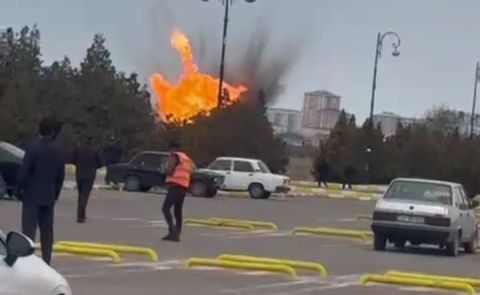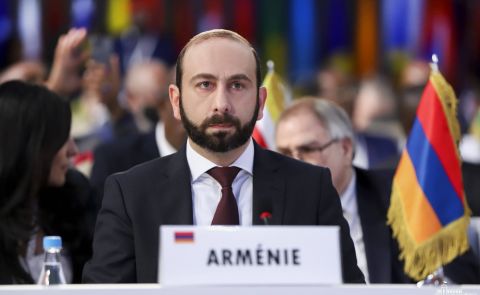
Separatist Abkhazia Calls on Tbilisi to Sign Agreement on Non-Use of Force
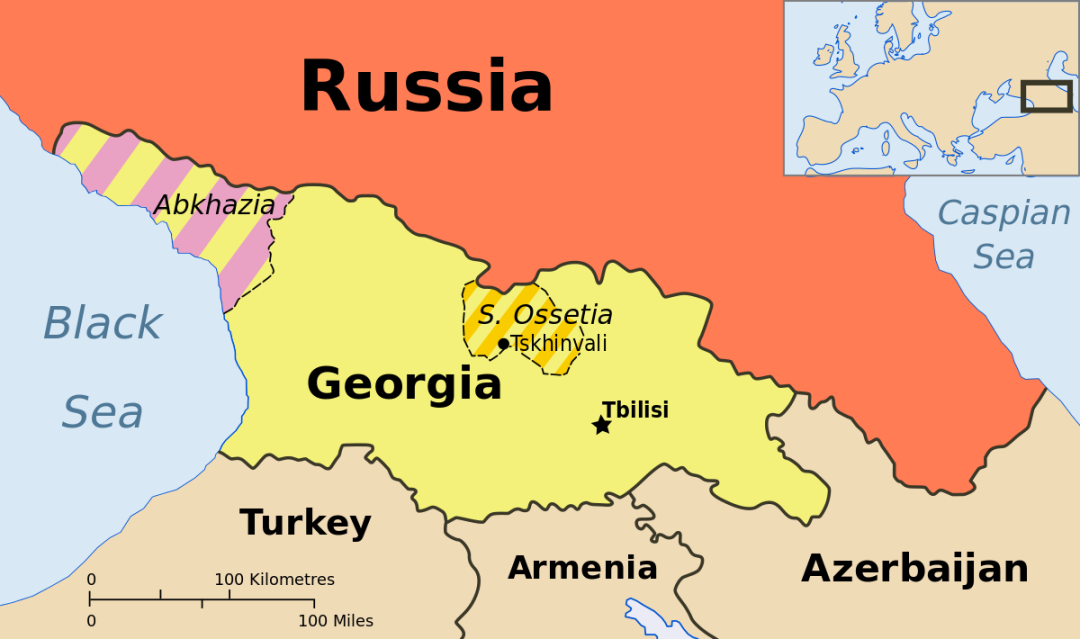
On April 22, Oleg Bartsits, the newly appointed de facto Foreign Minister of occupied Abkhazia, urged Georgia to repeal its law on occupied territories and sign an agreement on the non-use of force with Abkhazia and the Tskhinvali region.
In an interview with Russian state media outlet TASS, the de facto minister acknowledged the Georgian leadership’s statements about improving relations with Abkhazia, the Tskhinvali region, and Russia, but emphasized that “practical confirmations and real steps are needed.” Among these steps, he highlighted the repeal of Georgia’s law on occupied territories, stating, “We must take into account the current realities we find ourselves in,” and the signing of an agreement on the non-use of force, which he said would be proposed at the next Geneva International Discussions. “Only after that can we talk about something else,” Bartsits added.
Georgia’s 2008 law on occupied territories, enacted after the Russo-Georgian War and Russia’s recognition of Abkhazia and South Ossetia as independent entities, criminalizes entry into these occupied regions from Russian territory.
Regarding the non-use of force agreement, Georgia’s official position is that it has already committed to this principle under the August 12, 2008, ceasefire agreement and remains fully dedicated to it.
Additionally, on November 23, 2010, then-President Mikheil Saakashvili made a unilateral pledge to the European Parliament, declaring that Georgia would never use force to end the Russian occupation or restore control over the occupied territories. He sent letters to the UN Secretary-General, the OSCE Secretary-General, and EU leaders, affirming Georgia’s readiness to take this unilateral initiative. The EU welcomed this step. Similar unilateral pledges were made by Abkhaz and Ossetian leaders. Georgia, in turn, called on Russia to make a comparable commitment, which Russia has not done.
The 57-year-old Bartsits was appointed de facto foreign minister by Badr Gunba, the new leader of the occupied region.
See Also

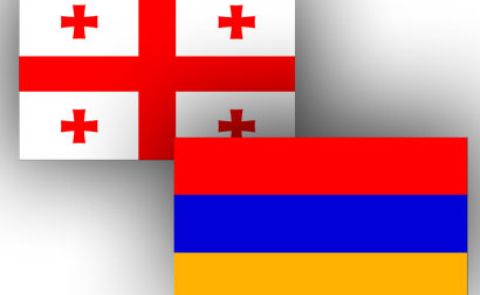
Pashinyan and Mirzoyan Visit Georgia for Talks on Strategic Cooperation
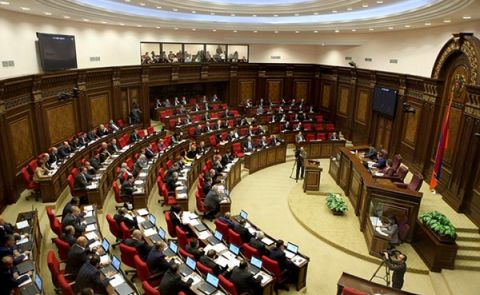
Armenian Parliament Debates Transport Issues, Regional Projects, And Security Policy

Armenia Warns That Iran Tensions Are Negatively Affecting South Caucasus Development

Bulgaria Secures Nearly 40% Of Gas Demand Through Azerbaijan Deal
